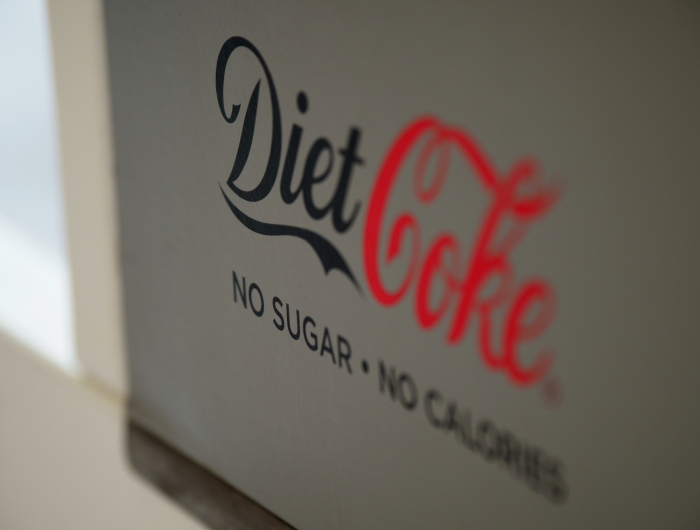Aspartame, a sweetener in Diet Coke, Diet Pepsi, and more deemed ‘possible carcinogen’ by WHO cancer agency

Brett Jordan - unsplash.com.
Statement of CSPI Principal Scientist Thomas Galligan, PhD
The finding that aspartame is a possible carcinogen should be of concern to consumers, food manufacturers, and food safety officials in the U.S. and around the world.
The determination, announced today by the World Health Organization’s International Agency for Research on Cancer (IARC), relies on studies indicating aspartame could increase cancer risk in humans. Specifically, the group of international experts convened by IARC to conduct the evaluation found that there is “limited evidence of carcinogenicity” in humans based on three separate studies showing a positive association between consumption of artificially sweetened beverages, which largely contained aspartame at the time study, and liver cancer. Under the IARC system, a determination of “limited” for human evidence alone leads to an overall conclusion of “possibly carcinogenic to humans.”
I was in Lyon to observe the proceedings, as were other stakeholders.
The Center for Science in the Public Interest has long recommended that consumers avoid aspartame, sometimes sold under the brand name Equal, because the artificial sweetener caused tumors in animal trials and was linked to increased cancer risk in human studies.
Notably, IARC’s decision to list aspartame as “possibly” carcinogenic, as opposed to the more definitive finding of “probably” carcinogenic, was far from unanimous. A minority of IARC experts concluded the animal evidence was “sufficient” to establish that aspartame causes cancer in animals, which would have led to an even higher classification.
It’s disturbing, but predictable, to see that the reaction of diet soda makers and the rest of the food industry is to attack IARC, assail the underlying scientific research, and dismiss any concerns about aspartame’s carcinogenicity, going so far as to erect an industry-funded front group even before the report was made public. More restraint is in order on the industry’s part, and we hope responsible companies will carefully consider IARC’s findings and move away from aspartame and toward safer sweeteners such as stevia, whenever possible.
The U.S. Food and Drug Administration, similarly, should not dig its heels in defense of a possible carcinogen. The FDA, and other food safety authorities around the world, should take IARC’s assessment seriously and take steps to remove this possible carcinogen from the food supply.
It’s time for consumers to look for safer and healthier alternatives to aspartame. Water remains your best bet. Fortunately, we now more than ever have a wider variety of flavored seltzers and other refreshing beverages that are free of added sugars, aspartame, and other sweeteners.
Consumers should also remember that sugary drinks like regular Coke and Pepsi contribute to risk of type 2 diabetes, tooth decay, and other health problems. The last thing a diet soda drinker should do in response to the aspartame finding is switch to regular soda.
# # #
Tags
Topics

